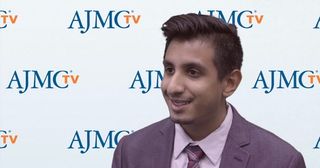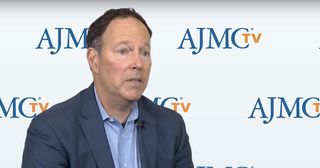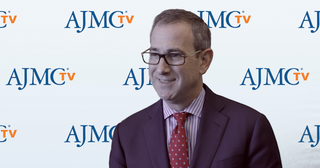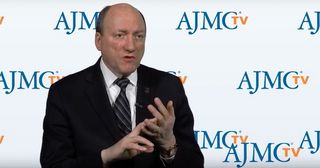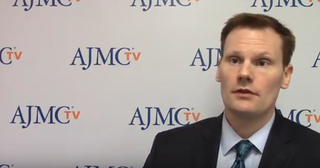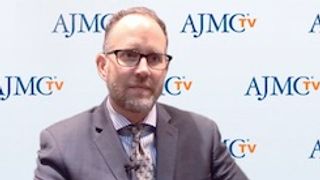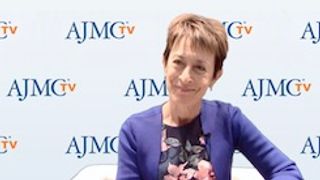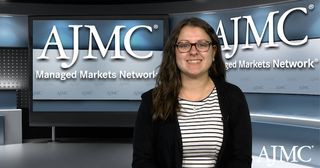
Cardiovascular
Latest News
Latest Videos

CME Content
More News

The final morning session of the 79th Scientific Sessions of the American Diabetes Association (ADA) in San Francisco, California, featured more cardiovascular and renal results from recent trials involving type 2 diabetes drugs.

The connections among diabetes, cardiovascular (CV) disease, and kidney failure have been a theme of the 79th Scientific Sessions of the American Diabetes Association, which featured a joint session with the American Society of Nephrology.

Every week, The American Journal of Managed Care® recaps the top managed care news of the week, and you can now listen to it on our podcast, Managed Care Cast.

This week, the top managed care news included the FDA's approval of a $2.1 million gene therapy; a study revealing that the worldwide need for palliative care will nearly double by 2060; the FDA granting priority review to Amarin’s Vascepa for a cardiovascular indication.

A Policy article in the May issue of The American Journal of Managed Care® suggests that sequential addition of SGLT2 inhibitors to DPP-4 inhibitors may be considered cost-effective compared with standard treatment using sulfonylurea and insulin for patients with type 2 diabetes who have difficulty maintaining glycated hemoglobin of seven percent or less on metformin alone.

Heart disease was the number one reason for “excess deaths” after Hurricane Maria struck Puerto Rico in September 2017.

For endocrinologists, a cardiologist, a diabetes educator, and a room full of fellow health workers, the cost of doing nothing—not just to treat diabetes, but also to prevent it— is what feeds into the exorbitant cost of the disease, according to presentations and a panel at the inaugural meeting of the Institute for Value Based Medicine (IVBM) in Diabetes, an initiative of The American Journal of Managed Care®.

The results come as US professional societies are updating primary prevention guidelines in cardiology.

Previous research overstated the generalizability of the Exenatide Study of Cardiovascular Event Lowering trial results by omitting the restriction on the percentage of patients without a prior cardiovascular event.

The authors of the manuscript “Generalizability of Glucagon-Like Peptide-1 Receptor Agonist Cardiovascular Outcome Trials Enrollment Criteria to the US Type 2 Diabetes Population” respond to a letter to the editor.

Based on recently published results of the REDUCE-IT study, pharmacuetical company Amarin has submitted a supplemental new drug application (sNDA) to the FDA for an expanded label for its leading drug Vascepa. Also, the American Diabetes Association has included the drug in a mid-year update to its 2019 Standards of Medical Care in Diabetes.


Panelists discuss what PCSK9 inhibitors are, the evidence to support them, and challenges with operationalizing them in practice.

Researchers found that a prescription for healthy food can improve health outcomes for beneficiaries in Medicare and Medicaid.
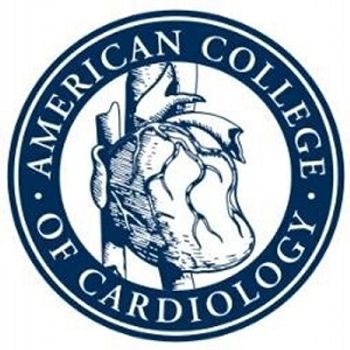
For SGLT2 inhibitors and a fish oil capsule, there was plenty of good news; for aspirin, not so much. A recap of the American College of Cardiology's 68th Annual Scientific Session, held March 16-18, 2019, in New Orleans, Louisiana.
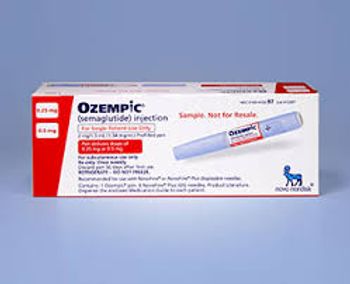
If approved the oral form of semaglutide would be the first pill in the GLP-1 receptor agonist class.

New results presented at the American College of Cardiology's 68th Annual Scientific Session find a high-dose fish oil pill reduced the risk for first and future cardiovascular events among patients taking statins by 30%. The early results grabbed headlines last fall in part because researchers aren't entirely sure how the capsule works.

New findings show reduced hospitalizations for a wide group of patients with heart failure. For high-risk patients with reduced ejection fraction, the drug appears to cut deaths, but more studies will answer these questions.

The joint guidelines from the American College of Cardiology and the American Heart Association call on clinicians to pay more attention to social determinants of health. They were announced Sunday at the 68th Scientific Session of the American College of Cardiology in New Orleans, Louisiana.

The 68th American College of Cardiology Scientific Session and Exposition opens with a study that suggests the Apple Watch can detect atrial fibrillation with a reasonable degree of accuracy, giving people an opportunity to get in touch with their doctor before a serious event like a stroke.
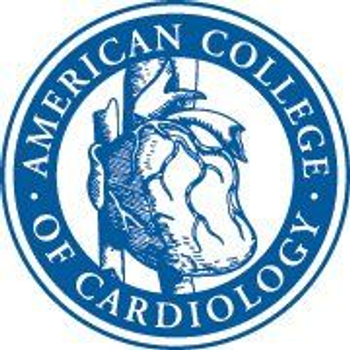
In recent years, the big news on the first day of the American College of Cardiology (ACC) Scientific Session and Exposition has involved a therapy—usually an expensive cholesterol drug with a name almost no one could pronounce: proprotein convertase subtilisin/kexin type 9 (PCSK9) inhibitors. This year, it's tech, and an easy-to-pronounce name: Apple.

Researchers have confirmed that there is no link between flu shots and miscarriages; a liquid biopsy is as effective as tissue-based testing for identifying treatment for lung cancer; and physicians generate an average of $2 million a year for hospitals.

Atherosclerotic cardiovascular disease (ASCVD) is not only a leading cause of mortality among US adults, but also responsible for high medical costs that burden both the healthcare system and individual patients. New research shows that 1 in every 5 patients with ASCVD is unable to afford his or her medical bills, and even among patients with insurance, financial hardship related to medical costs is prevalent.

The American Journal of Managed Care® (AJMC®) recently spoke with Om P. Ganda, MD, medical director of the Lipid Clinic and chair of the Clinical Oversight Committee at the Joslin Diabetes Center in Boston, Massachusetts, about the recent publication of the 2018 American College of Cardiology (ACC) Expert Consensus Decision Pathway (ECDP).1
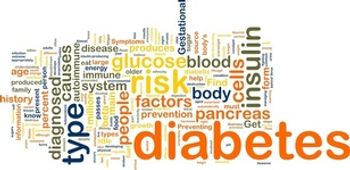
Javed Butler, MD, MPH, MBA, discusses the 2018 American College of Cardiology Expert Consensus Decision Pathway, which includes guidance on the use of SGLT2 inhibitors and GLP-1 receptor agonists, and its potential to change the treatment paradigm for patients with type 2 diabetes.



